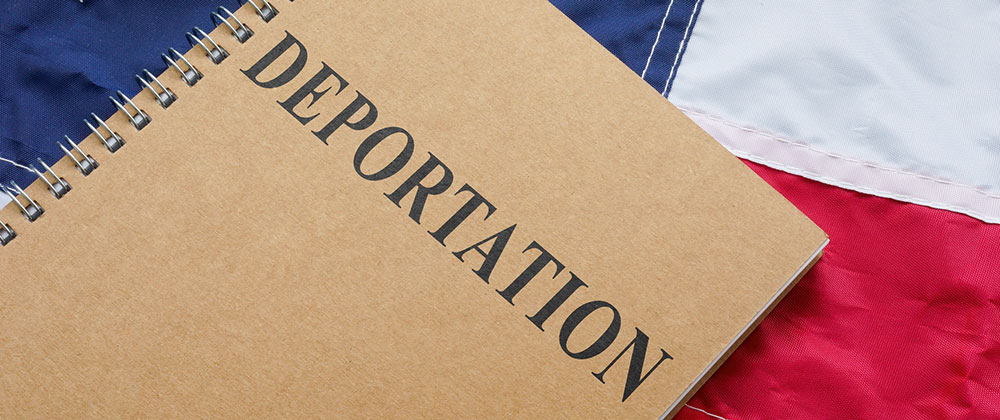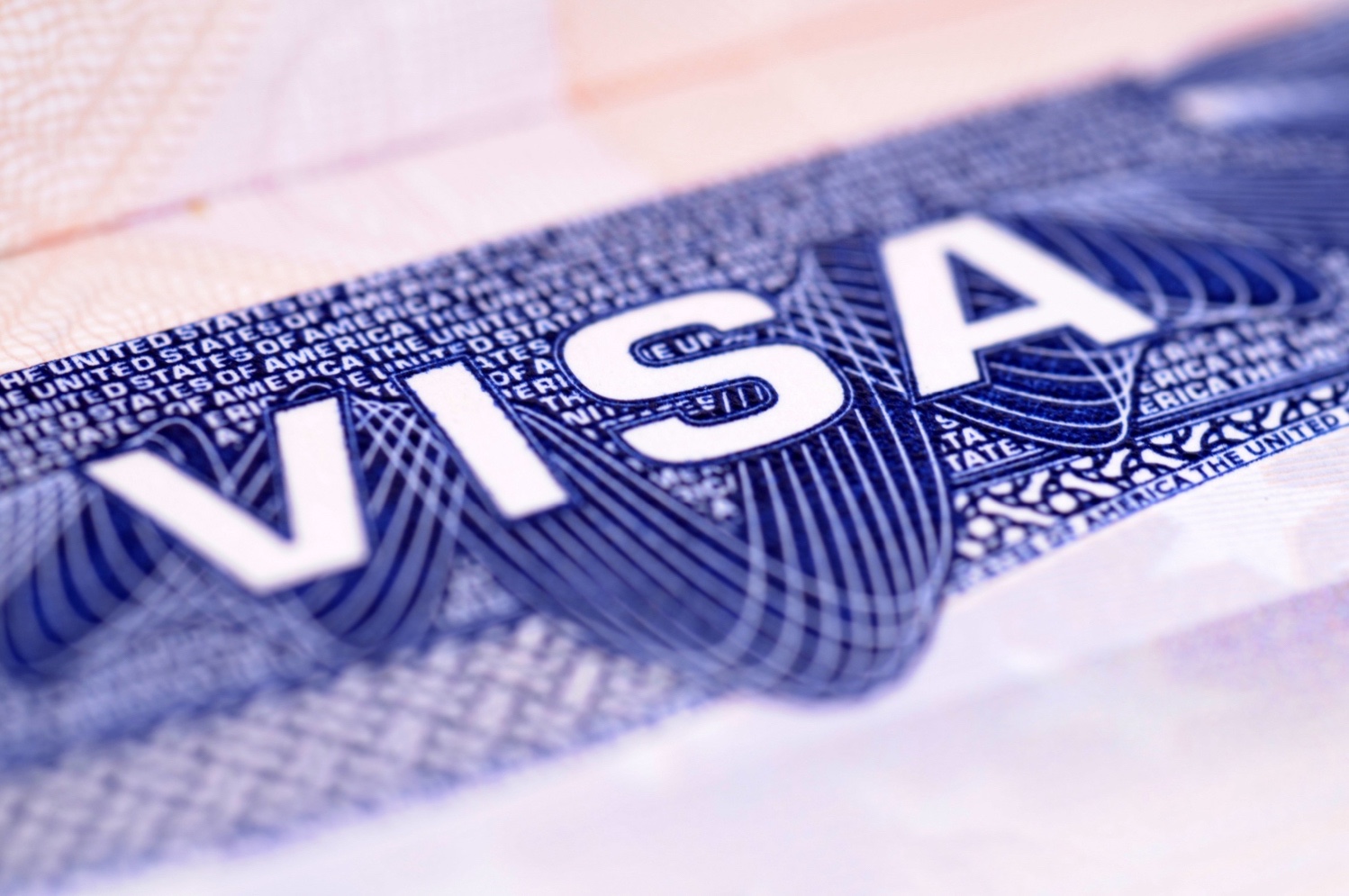Q: What are the proposed waiver changes and how can this help me?
A: The Immigration Service, the USCIS, has proposed a substantial change in procedure for some waivers of inadmissibility for certain spouses and minor children of U.S. citizens. This procedure will reduce the separation time where such spouses and children can only obtain residence through consular processing. This is a valuable change as it provides a manner of obtaining permanent residence for individuals who must go overseas to get their green cards. The new procedure is less risky and involves considerably smaller time separated than what occurs now.
Q: What exactly is the change?
A: Under the current law, a foreign national who, for example, illegally crossed the border, under most situations cannot adjust status in the United States. However, pursuant to the 1996 law, if such individual accrues more than six months of unlawful presence and LEAVES the United States, his/her departure triggers a three year bar from returning. If the unlawful presence is more than a year, then the bar is for ten years. A waiver is required to overcome the bar.
Under the proposed changes, the spouses and children of U.S. citizens who must have a waiver to obtain residence through consular processing because of unlawful presence would be able to apply for a provisional waiver PRIOR to leaving the United States.
Q: How would this affect me?
A: By permitting waivers to be applied for and obtained in the United States prior to departure for consular visa processing, the risk is substantially minimized and the separation time reduced.
Q: Are there other changes in the process?
A: A significant change is that applicants will be fingerprinted in the United States as part of the waiver process. This will also further reduce the time spent overseas as the current rules require a police clearance from the home country prior to an interview being scheduled by a U.S. Consulate. That also increases the separation time.
Q: What are the criteria for the waiver?
A: A waiver is based on the extreme hardship to a U.S. citizen spouse or parent. The USCIS views this hardship as hardship above and beyond what would normally be experienced as a result of a separation.
Q: When in the process can the waiver be filed?
A: Waivers can only be submitted upon an approved I-130 filed by a U.S. citizen spouse or parent.
Q: If the waiver is granted, can the applicant obtain permanent residence in the United States?
A: Only those foreign national eligible to adjust their status can do so in the United States. These changes relating to waiver adjudication do not change the law – it merely provides a new procedure to facilitate the process, diminish separation and make it more predictable. Consequently, if a foreign national must leave the United States to obtain residence, this process will not change that.
Q: If a foreign national already has an interview should he or she cancel the interview to wait for the proposed changes?
A: No. Changes in submitting waivers pursuant to a consular denial have also recently been enacted. For such individuals once a denial is received a waiver can be requested directly in the U.S. If a visa appointment has already been made and the foreign national fails to appear for your consular interview, the Department of Sates may dismiss your immigrant visa registration.
Q: If the waiver is approved, does that permit the foreign national to work?
A: Work authorization is based on a pending application for permanent residence. Consular processing of permanent residence is not adjustment of status and these procedural changes does not affect that.
Q: If the waiver is denied, will the case be referred to enforcement and will the foreign national be placed in removal proceedings?
A:Last summer the enforcement arm of the Immigration Service implemented new criteria for placing foreign nationals into removal proceedings. Under these guidelines proceedings are prioritized for criminal aliens, those with prior orders of removal and those that have been determined to have engaged in fraud.
Q: What should a foreign national expect at the Consular interview?
A: If the U.S. Consulate decides that the applicant, based on the approved waiver of the unlawful presence, is otherwise admissible to the United States and eligible for the immigrant visa, the immigrant visa will be issued permitting the foreign national to travel to the United States.
Q: Does the waiver expire?
A: It is expected that the unlawful presence waiver will remain valid as long as the underlying approved immigrant visa petition is valid. Thus is the I-130 is revoked, the waiver will also be revoked.
Q: What if the U.S. Consulate denies admissibility on some other ground and the foreign national reenters the United States illegally?
A: If there is an illegal reentry into the United States, the waiver for unlawful presence will be automatically revoked. Indeed, illegal reentry into the United States without being admitted or paroled by an immigration officer at the U.S. border can have severe consequences, including possibly making the foreign national permanently barred from the United States.
If you need help or advise, Call Us: (212)944-9420 or Email: Info@oltarsh.com
Our assistance is only a phone call, or e-mail communication away!



